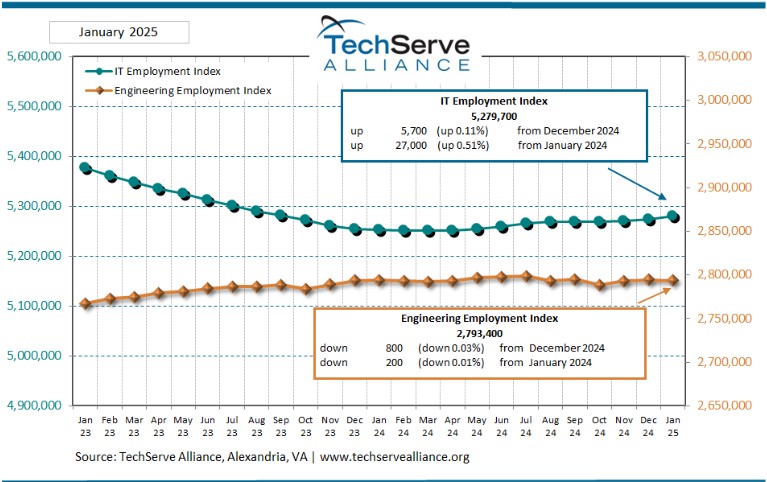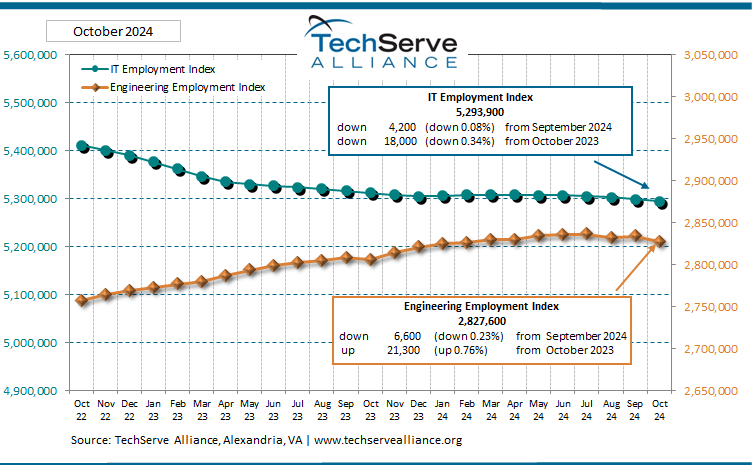On March 1, 2021, the Internal Revenue Service (IRS) issued Notice 2021-20 to provide guidance for employers claiming the 2020 employer retention tax credit. This tax credit was created by the Coronavirus Aid, Relief and Economic Security Act (CARES Act) to encourage employers to keep employees on their payroll, despite experiencing economic hardships related to COVID-19.
Employer Eligibility
Employers can claim the tax credit if they:
- Paid qualified wages between March 12, 2020, and Jan. 1, 2021; and
- Experienced a full or partial suspension of their operations or a significant decline in gross receipts.
Interaction With the PPP
The Taxpayer Certainty and Disaster Tax Relief Act of 2020 allows eligible employers that received a Paycheck Protection Program (PPP) loan to claim the employee retention credit. The PPP was established to help businesses keep their workforces employed during the COVID-19 crisis.
Notice 2021-20 explains when and how employers that received a PPP loan can claim the employee retention credit for 2020. However, employers will need to choose between receiving PPP loan forgiveness or claiming the employee retention credit.
The IRS Notice
The notice clarifies employer eligibility and the employee retention credit FAQs. The notice also defines important terms, such as “qualified wages,” and describes retroactive changes that apply to 2020. This notice includes only rules for 2020. The IRS announced that additional guidance will be published soon for the 2021 changes.
Important Information
- The tax credit is equal to 50% of qualified wages paid, including qualified health plan expenses, up to $10,000 per employee in 2020.
- The maximum credit available for each employee is $5,000 in 2020.
- Employers will need to report their total qualified wages and the related health insurance costs for each quarter on their quarterly employment tax returns.
The notice clarifies employer eligibility and describes retroactive changes that apply to 2020.










